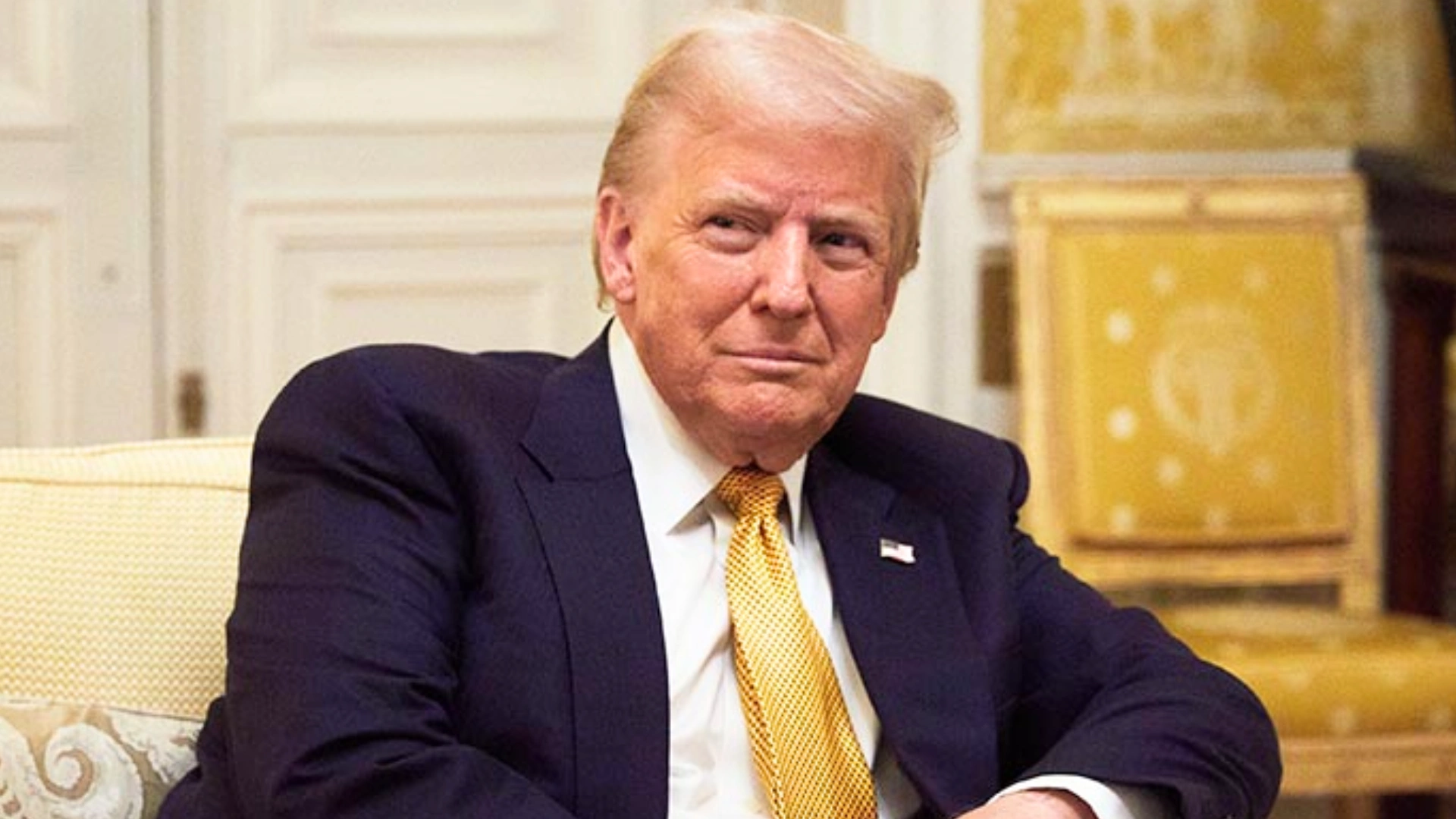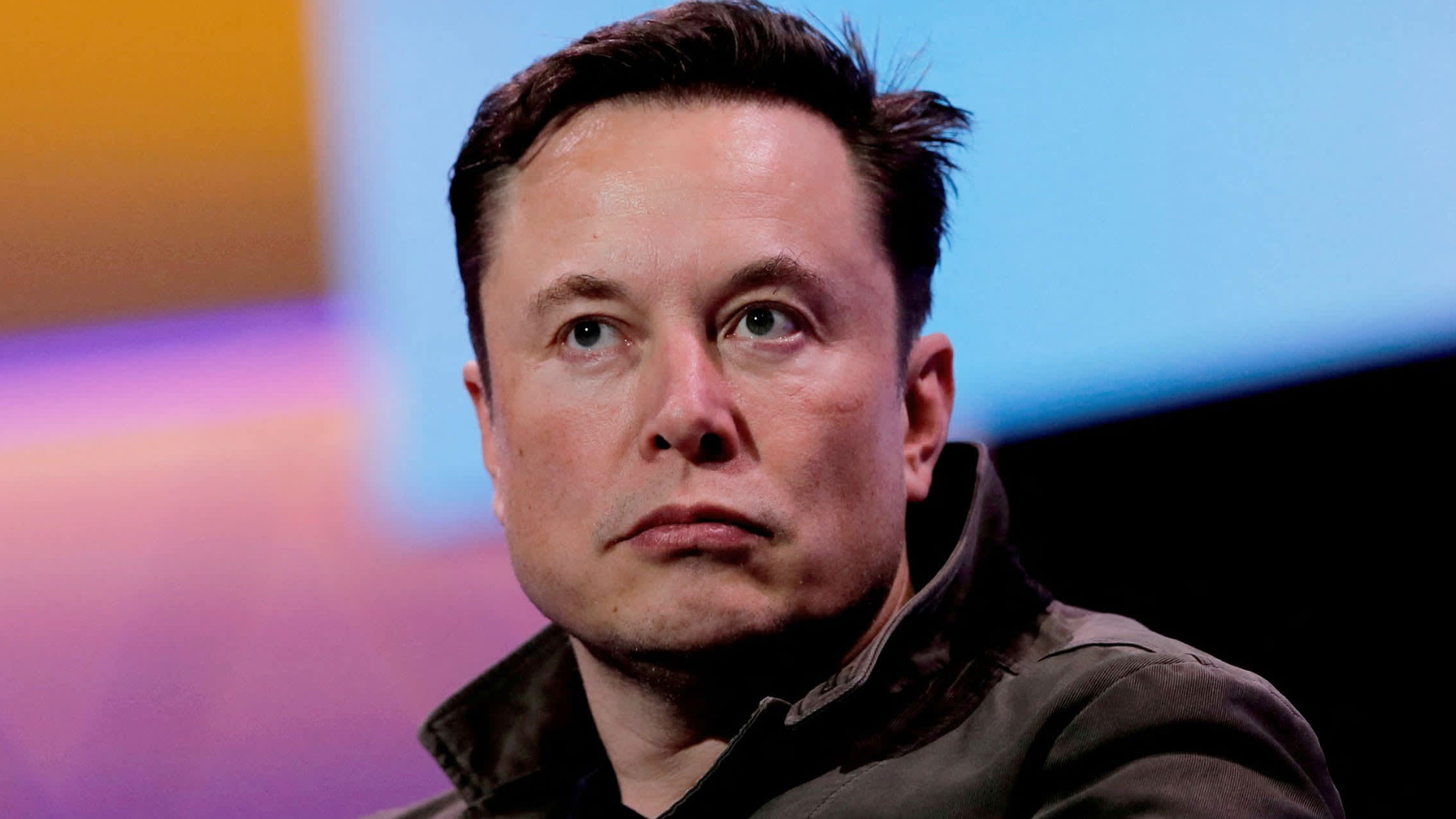Canadian Prime Minister Justin Trudeau’s leadership is facing increasing scrutiny as a group of dissatisfied Liberal Members of Parliament (MPs) openly discuss the future direction of the party and contemplate a possible move to oust him. The discontent among party members reflects a broader sentiment among voters, raising questions about Trudeau’s viability as a leader leading into the next election.
Public Criticism from Within the Ranks
Long-standing Liberal MP Sean Casey made headlines with his candid remarks during an interview on CBC News Network’s Power and Politics. On Tuesday, he unequivocally stated, “The message that I’ve been getting loud and clear — and more and more strongly as time goes by — is that it is time for [Trudeau] to go. And I agree.” This blunt assessment underscores the growing frustration within the party ranks.
Casey highlighted a disconnect between Trudeau and the electorate, suggesting that voters in his Charlottetown riding have “tuned” Trudeau out, expressing that “People have had enough… they want him to go.” While he acknowledged Trudeau’s transformative work over the past nine years, he lamented that the electorate “are no longer listening to him.” Casey revealed that he had already communicated these sentiments to the Prime Minister during a private phone call in July.
The Push for Change: A Collective Effort Among MPs
Sean Casey’s remarks mark a significant moment in Canadian politics, as he is reportedly the first MP to publicly call for Trudeau to step down before the next election, arguing it would give the Liberals a better chance to remain competitive. His comments follow reports of mounting anxiety among MPs following the loss of the Toronto-St. Paul’s byelection in June.
In recent weeks, several Liberal MPs have been working together to discuss the possibility of leadership change, and Casey confirmed that he was aware of a series of meetings held on Parliament Hill aimed at this objective. While he did not personally attend these meetings, he acknowledged their existence and the growing concern among his colleagues about Trudeau’s leadership.
A Controversial Pledge Among Party Members
Reports have surfaced indicating that Liberal MPs saw an opportunity for organizing in light of Trudeau and his chief of staff, Katie Telford, attending an Asian summit. During this time, some party members allegedly signed a document that serves as a pledge for leadership change, designed to demonstrate unity among MPs amid growing calls for Trudeau to resign. This document, described as an “insurance policy,” is reportedly not intended for public circulation, but it has been a focal point of discussions among anxious MPs.
As of October 11, sources indicated that at least 20 MPs had signed the pledge, with others expressing their support. When questioned about his knowledge of the document, Casey stated that he was only aware of it “second hand,” reflecting the “high level of anxiety” within the Liberal caucus regarding the current political climate.
Continuing Pressure from Other Party Members
In addition to Casey’s outspoken stance, New Brunswick MP Wayne also contributed to the internal pressure on Trudeau by sending an email to the Liberal caucus in June advocating for leadership change. This growing chorus of dissent suggests a significant shift in the party’s dynamics, as leaders and MPs reassess their positions amid uncertainty about Trudeau’s future.
Despite some party members expressing reluctance to run in the next federal election if Trudeau remains at the helm, Casey reiterated his commitment to the party’s success, stating, “I have an obligation to the people of Charlottetown to keep Pierre Poilievre out of the prime minister’s chair in any way shape or form.” He asserted his readiness for a political fight, emphasizing that “I’m gearing for the fight. It’s a fight worth fighting regardless of whether or not we have Justin Trudeau leading the party.”


















